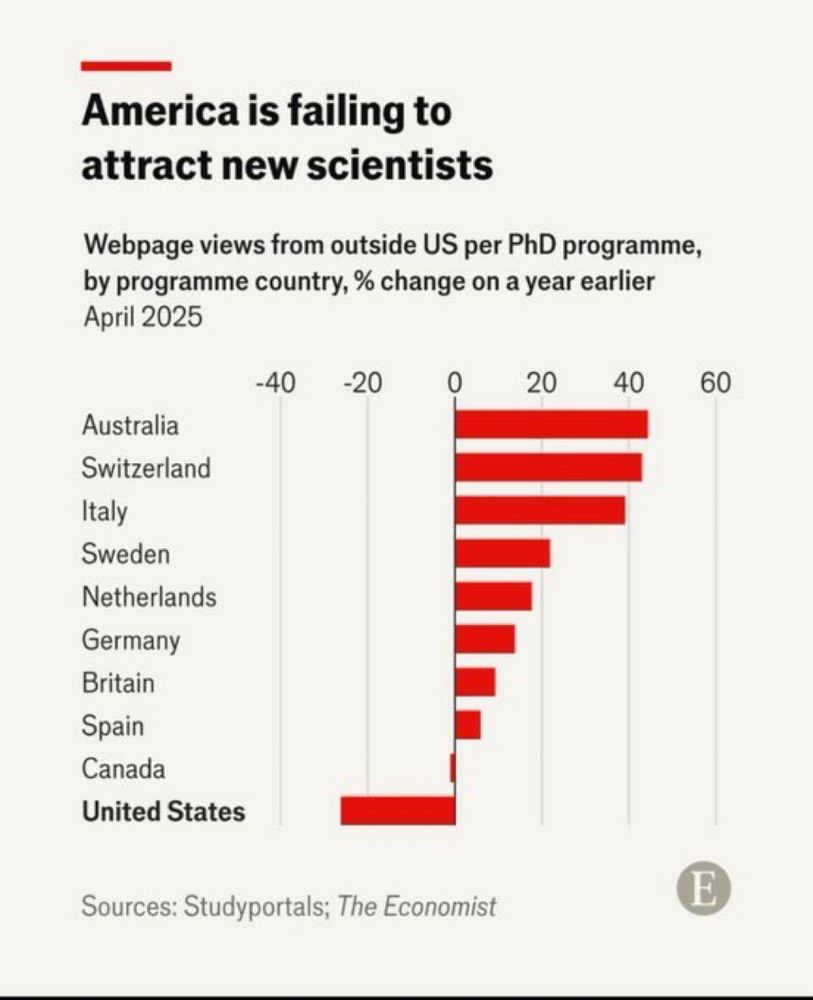Marielza
@marielza.bsky.social
5.8K followers
1.2K following
1.1K posts
Retired UNESCO Dir for Digital Inclusion, Policies & Transformation. Chair, UN University, eGov Institute.
UNESCO Women in STEM Committee
Some pottery and cyanotyping
Profile picture is of my face and torso
Banner is a picture I took of a light garden
Posts
Media
Videos
Starter Packs
Reposted by Marielza
Reposted by Marielza
Reposted by Marielza
Reposted by Marielza
Reposted by Marielza
Reposted by Marielza
Reposted by Marielza
Reposted by Marielza
Reposted by Marielza
Reposted by Marielza
























